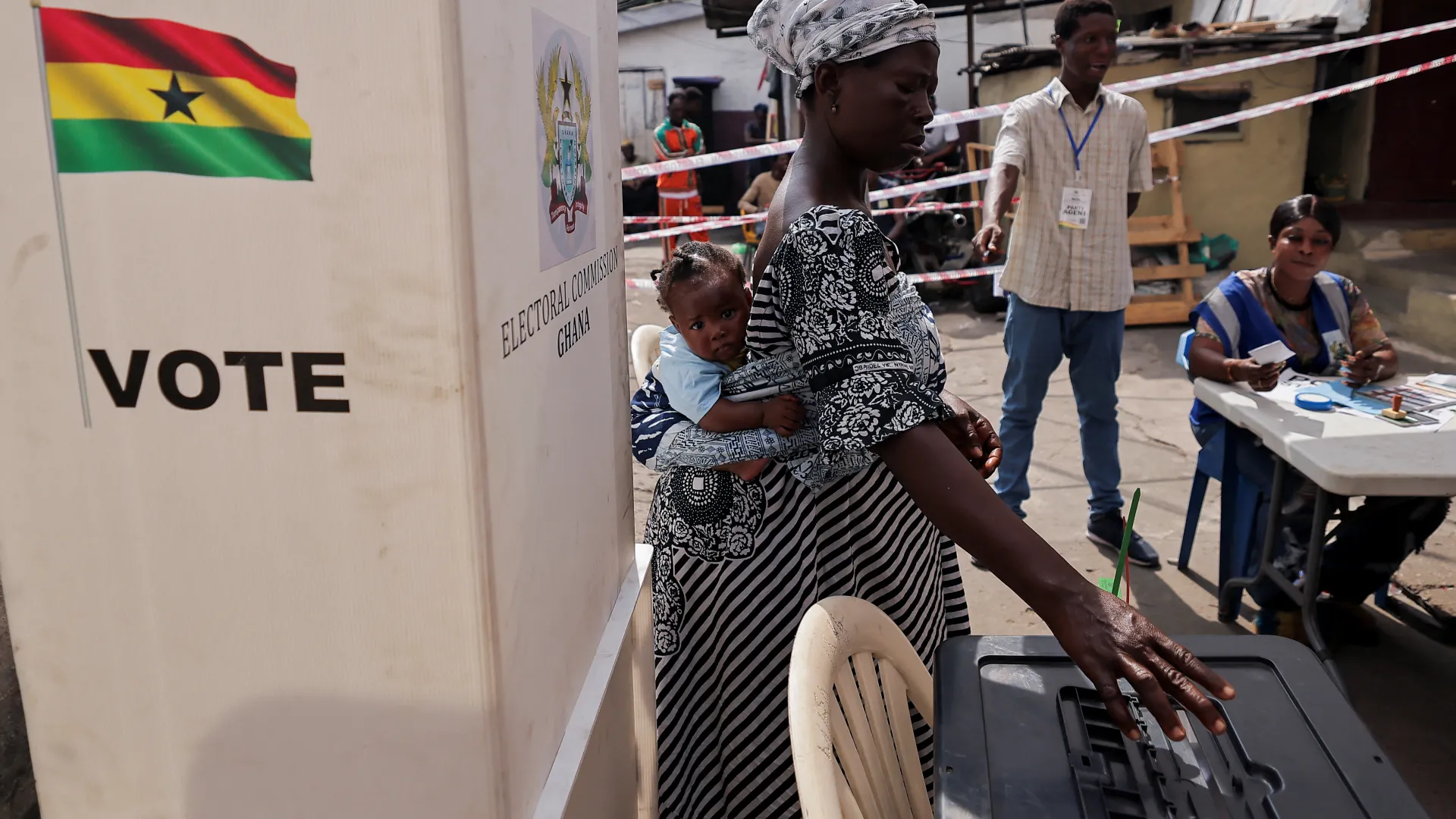
The general elections were held in Ghana on December 7, to elect the President and members of Parliament.
Then-incumbent President Nana Akufo-Addo just concluded his eight-year term and blessed his Vice President, Mahamudu Bawumia as a contender for the Presidential seat.
But he did not win. Instead, the opposition and former President did. Voting ended around 9pm on election day and by midday the next day, the VP had conceded defeat and President John Mahama declared the winner.
What sets Ghana’s elections apart is the absence of the controversies and irregularities often associated with elections on the continent.
There were no reports of compromised electoral officials, intentional delays in announcing results, manipulation of voting systems and no post-election violence - a super chronic issue in many African countries, as recently witnessed in Mozambique.
TAKEAWAYS FOR AFRICAN NATIONS
Ghana’s electoral commission demonstrated professionalism and neutrality, seeing to it that voters could rely on the process.
Officials adhered to strict timelines, with appropriate use of the technology in place. The electorate then did not have any reasons to be suspicious of manipulation, raising their confidence in the commission.
The speed and efficiency in announcing results played a major role in maintaining peace and avoided the tension and uncertainty that prolonged vote-counting generates in Kenya.
Bawumia’s quick concession speech can serve as another great example for African leaders and to-be leaders. He has demonstrated a culture of respect for democratic principles and peaceful transfer of power.
A friend from Ghana mentioned that they do not vote entirely on tribal lines. They vote based on the manifesto that the candidate puts forward.
It is said that both Mahama and Bawumia are from the North, a sign enough that this was an issue-based vote.
WHY GHANA’S EXAMPLE MATTERS
For countries plagued by electoral violence and disputed results, Ghana offers a blueprint: independent electoral bodies, timely and transparent processes and political maturity among leaders, which inspire citizens to participate fully even in other political processes.
This is especially significant for nations caught in the “grey zone” of democracy like Kenya, the many transitioning from authoritarianism and those with leaders who have refused to leave power.
A HOPEFUL WAY FORWARD
Not that Ghana has been without flaws; they are many, especially in economic governance. However, their political governance is something many countries can copy.
The elections serve as a reminder that democracy and credible elections are achievable in Africa and can become the norm.
Ghana’s former President,
the late Jerry Rawlings, who seized
power twice in military coups but
went on to bring democratic rule
once said: “It is not the absence of
military interventions that we have
restored, which will bring back our
democracy, development, justice
and freedom. What is needed is the
ability to empower the people and
integrity of leadership. Leadership
should not be used to intimidate our
citizens, rather it should empower
them.”














